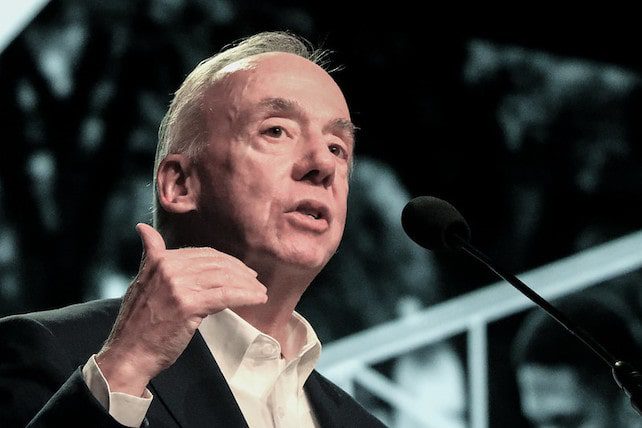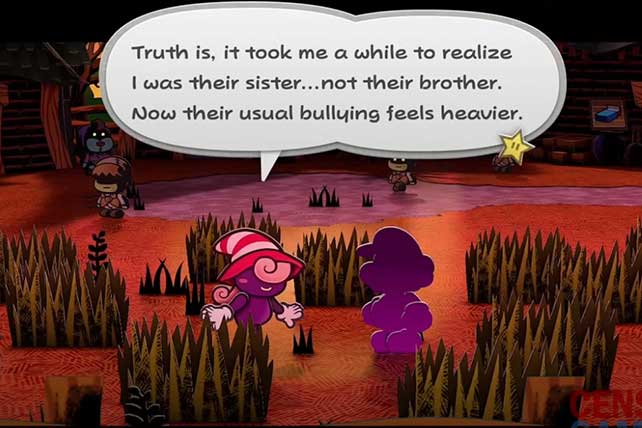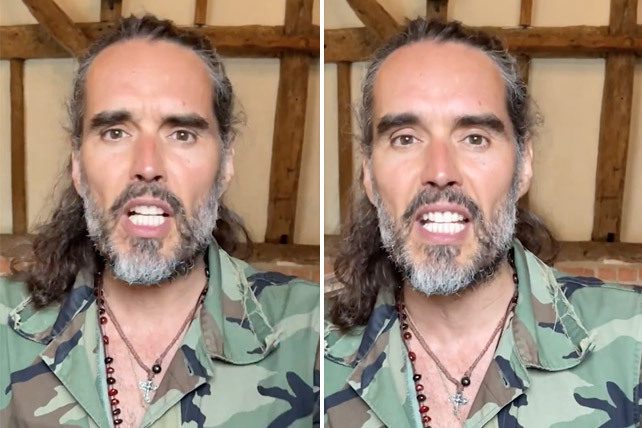In the time since former U.S. President Donald Trump was convicted on Thursday, May 30, church leaders and Christian influencers have been sharing their opinions regarding the verdict of the 12 New York jury members.
The jury unanimously found the 45th president of the United States guilty of 34 felony charges related to falsifying business records, making him the first former U.S. president to be convicted of a felony.
Trump called the trial “a scam.” Many nicknamed it the “hush money” trial due to fact it centered on the former president paying off porn star Stormy Daniels in an attempt to keep her quiet regarding their sexual encounter so the incident would not influence voters in the 2016 presidential election. Trump also told reporters on Friday that he plans to appeal all 34 counts of his conviction.
How Church Leaders and Influencers Are Responding to Trump’s Verdict
Christianity Today’s Russell Moore, who once led the Southern Baptist Convention’s (SBC) Ethics and Religious Liberty Commission (ERLC), posted, “The question is what it has always been- fit or unfit. And the answer was obvious all along. Character matters, still.”
Franklin Graham, president of Samaritan’s Purse and the Billy Graham Evangelistic Association, asked his followers to pray for America. “Our country is at a crossroads. What we saw today has never happened before, and I think for the majority of Americans, it raises questions about whether our legal system can be trusted,” Graham said. “Pray for our nation, for God‘s guiding hand that this republic will be one nation under God with liberty and justice for all.”
“Regardless of your feelings for Trump (fyi-the candidate I wrote in didn’t win either of the last two POTUS elections),” said former Southern Baptist Convention (SBC) President Dr. James Merritt, “if you believe this judge was impartial, that this venue should not have been changed, that this is our justice system at its best, then discussion is over.”
Merritt’s son, Johnathan, who is a popular faith and culture writer, a graduate of Southeastern Baptist Theological Seminary, and a “gay progressive Christian,” wrote, “I’m very clearly no fan of Donald Trump, but I also don’t want to live in a world where every president leaves office only to face a pile of lawsuits and indictments. We are dangerously close to living in that world.”
Michael Wear, founder, president and CEO of the Center for Christianity and Public Life, posted, “Remember to defend the convicted felon who paid hush money to the woman with whom he had an adulterous affair or else our kids might be exposed to social disorder and sexual immorality.”
Mike Cosper, host of “The Rise and Fall of Mars Hill” podcast, reposted Wear’s words.
Harvest Christian Fellowship Pastor, Greg Laurie, posted, “Please, pray for America. Pray for America like you never have before.”



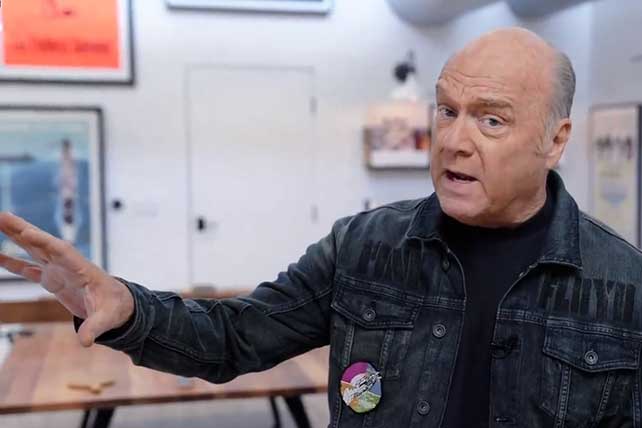








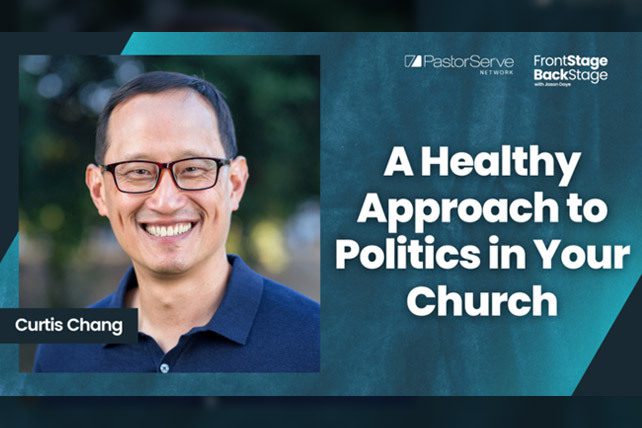
 How can we practically and sincerely help people address some of the confusion and divisiveness around politics in our local churches and communities? In this week’s conversation on FrontStage BackStage, host Jason Daye is joined by Curtis Chang. Curtis is a public theologian and former pastor. He currently serves as a senior fellow at Fuller Theological Seminary and as a consulting faculty member at Duke Divinity. Curtis, along with two of his colleagues, are the founders of The After Party Project. Curtis’s most recent book is titled, “The After Party.” Together, Curtis and Jason explore how pastors who might be hesitant to address politics because of potential blowback or fallout can help their people reframe politics in a healthy way as they focus on Jesus. Curtis also shares some insights and some examples of how people from different political views have been able to find common ground through spiritual formation as they grow as disciples and grow in Christ-likeness.
How can we practically and sincerely help people address some of the confusion and divisiveness around politics in our local churches and communities? In this week’s conversation on FrontStage BackStage, host Jason Daye is joined by Curtis Chang. Curtis is a public theologian and former pastor. He currently serves as a senior fellow at Fuller Theological Seminary and as a consulting faculty member at Duke Divinity. Curtis, along with two of his colleagues, are the founders of The After Party Project. Curtis’s most recent book is titled, “The After Party.” Together, Curtis and Jason explore how pastors who might be hesitant to address politics because of potential blowback or fallout can help their people reframe politics in a healthy way as they focus on Jesus. Curtis also shares some insights and some examples of how people from different political views have been able to find common ground through spiritual formation as they grow as disciples and grow in Christ-likeness.

